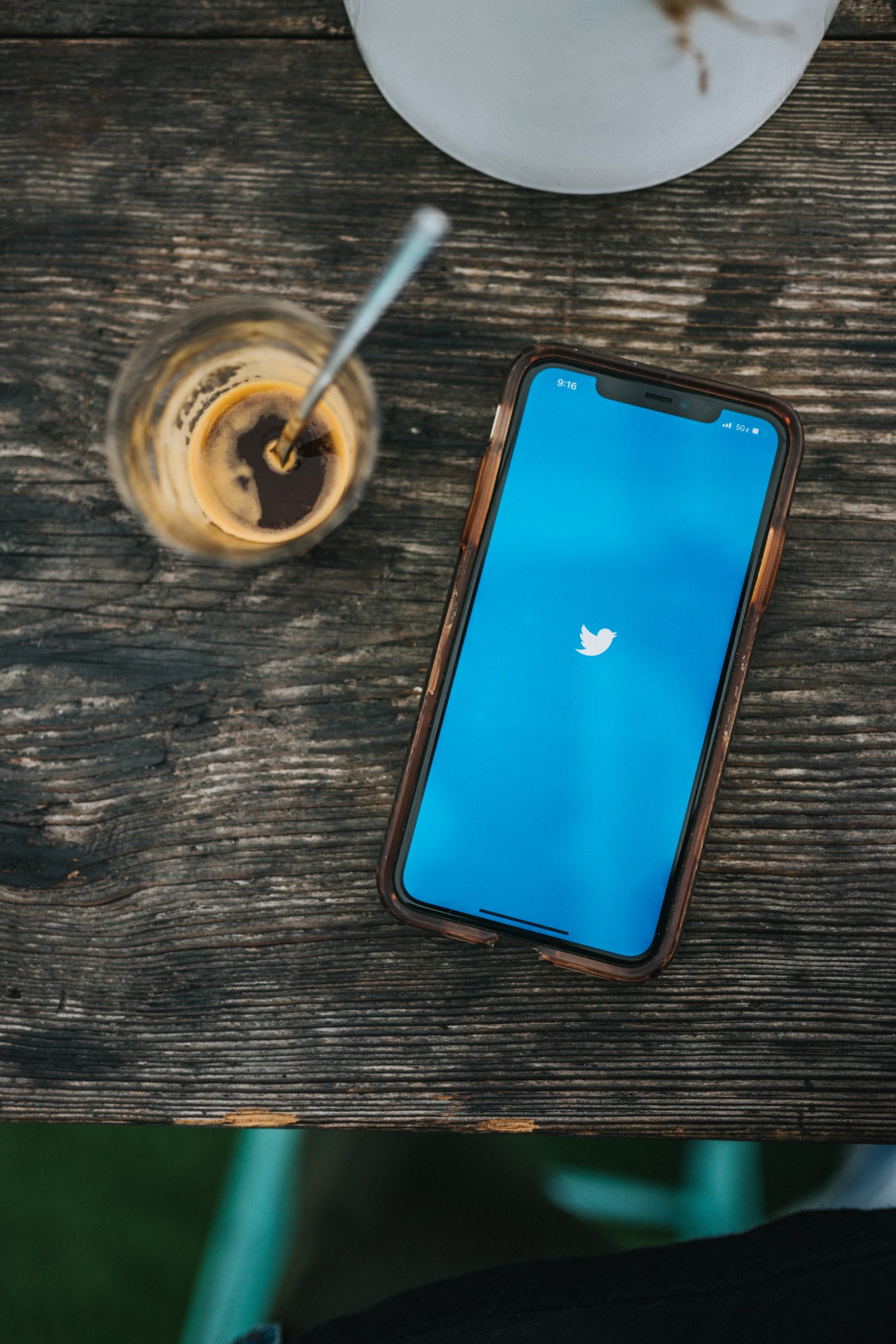SEO in music: 5 tips to improving your SEO
I’m sure none of you got into music to become an SEO expert. You might not even know what SEO is! Else, you may associate it with something that’s outside the artistic realm. However, an SEO ( short for Search Engine Optimisation) Strategy is pivotal for any musician out there who wants to get their music heard (i.e. every musician). It’s particularly important for those who view music in terms of branding – as SEO is a tool that strengthens your brand’s visibility and reputation.
Think of it this way: you’ve got your music on Spotify, Apple Music, Amazon and all the major DSPs. Yet, when someone shazams your tune and tries to look you up, they cannot find any credible info on you. If your content does not appear on their favourite search engine, this potential fan will likely move on to something else. And here, we’re not just talking about one potential fan lost, but a whole network of fans as other people might try doing the same thing, or that one person might forward your music to their social circle.
SEO is not an overnight thing, but rather, a long-term strategy that requires dedication, consistency and some degree of research. The sooner you start, the better.
What’s SEO?
SEO is the widely-used acronym of Search Engine Optimisation. According to Oxford Languages, it’s “the process of maximizing the number of visitors to a particular website by ensuring that the site appears high on the list of results returned by a search engine.” So basically, it’s a method of capturing music fans’ eyeballs and driving them to your website and in, turn, your music.
Why is SEO important for musicians and content creators?
Nowadays, Google’s first page has taken the place of traditional business cards. Therefore, artists should at least try to target keywords such as their artist name. This ensures that when people search for their act on Google, they’re able to find all artist-related info. Google’s first page should feature the artist’s official website, social links, streaming links and possibly key media links.
What’s a keyword?
A keyword (also known as a focus keyword) is a word that describes a page’s key content. For example, if you’re inputting your band’s bio on your website, that web page’s keyword is the band name. Essentially, it’s the term that people use to look for your band (search term). Keywords can also be a whole phrase, for example [seagulls the band]. This ensures that you’re competing for the whole phrase, rather than the keyword [seagulls].
1. First things first, pick a unique artist name
This is essential to ensure that there aren’t a tonne of people who are competing for the same keyword or phrase. Believe me, this will help when it comes to finding a unique domain name.
2. Define your SEO goals
Before investing time, money and energy in a kick-ass SEO strategy, you should define your SEO goals. Ask yourself questions such as – What do you want the strategy to achieve? Who do you want to reach? Which terms does your audience use to find you? Where do you want to direct your fans? These questions (and more) are all key to establishing the fan journey. This is simply the customer journey (discover > exploration > purchase > retention > advocacy) but applied to your fans.
SEO goals include (but are definitely not limited to) increasing merch, ticket and album sales, ramping up DSP streams, building your brand reputation and increasing your social media following.
3. Quality content & Technical Optimisation
Content is SEO’s building block, and quality content is essential for first page rankings. Therefore, when you set out to create a music website, you need to make sure that you have enough quality content at hand to create professional-looking content. Mix it up by adding both visual (e.g. band shots) and written content (e.g. artist bio). Make it interesting for both the website visitors and crawlers (programmes that automatically “crawls”/scans websites such as Googlebot).
Furthermore, make sure that you link your website to reputable (authority) websites such as music blogs or even your own social media pages. When sending out press releases, include your website link so that the music blogs link back to your website. This cycle is called “backlinking”, and it ensures that Google deems your website trustworthy enough to show it to its users.
It’s always a good idea to ensure that your website is optimised across all devices, such as mobile phones and tablets. Most common website builders do this automatically, but it’s worth getting some friends together for some QA testing.
Site speed is another important factor – who likes a slow site, anyway? Finally, site structure and aesthetics are also relevant – don’t clog up your site with huge image files, use a straightforward website template and font, and break down different topics into separate site sections. These are some little technical SEO details that you could look out for yourself without having to pay an arm and a leg for a professional web developer.
4. Add your site to Google Search Console
Adding your website to Google Search Console allows your website to show up on search results. Furthermore, this will help you get a knowledge panel that will show up whenever people look for your band/act on Google. Think of the knowledge panel as a quick overview of what you’re all about. Click here to add your website to Google Search Console.
5. The Hub & Spoke Concept
You may have seen the phrase “hub and spoke” concept floating around – this marketing term refers to your website as your “hub” and your corresponding links (such as Facebook, Instagram, Twitter profiles, event listing press reviews and so on) as “spokes”. Spokes increase your visibility as they track your day-to-day online activities. If you’re actively updating both your website as well your social media profiles, DSPs etc., search engines will award both your “hub” and “spokes” with higher rankings.
Final Notes
Kickstart your SEO strategy by integrating all of the aforementioned tools, and by maintaining an active online presence that grows alongside your artistic evolution.
Photo by Solen Feyissa on Unsplash





